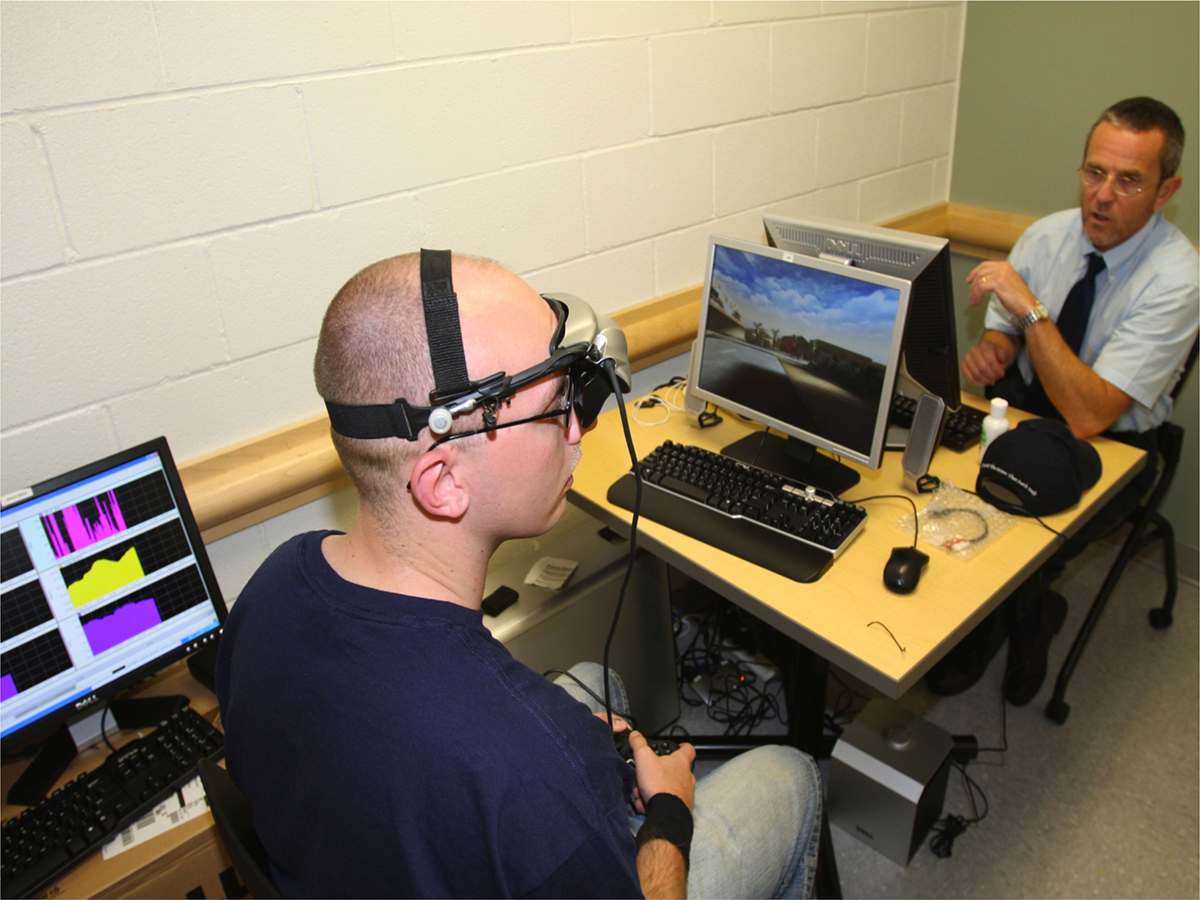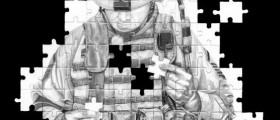
Dissociative Personality Disorder Overview
Dissociative personality disorder, formerly known as multiple personality disorder is a mental illness featured by presence of two or more identities within the same person. Each of these personality states, called alter egos have distinct behavior and differently perceive the world and self. The identities are able to alternate in taking control over life of a person.
In a person with dissociative personality disorder it is common to see personalities completely opposite in nature. Another characteristic of this illness are lapses in memory of important personal information and events that occurred while other personalities where in control.
The disorder can be asymmetrical meaning that what one personality knows, the other personalities inherently know.
For the diagnosis of dissociative personality disorder, at least two separate and distinct personality states must be identified in a patient. Also, at least two personality states must routinely take control over the patient’s life.
The alter egos may exhibit differences in speech, attitude, behavior, beliefs, thoughts and even in hand writing and health problems.
In distinctive personality disorder, the behavior is not directly influenced by use of alcohol or drugs or caused by general medical condition.
The disorder is also associated with depression, mood swings, suicidal tendencies, trauma, phobias, panic attacks, paranoia, abuse of alcohol and drugs, and sleep disturbances such as insomnia, sleep walking and night terrors. Schizophrenia, eating disorders and epilepsy may also be present.
Cause of Dissociative Personality Disorder
Dissociative personality disorder is believed to develop due to severely traumatic events experienced in childhood. In an abused child, dissociation may develop as a defense mechanism where the child separates from memories, feelings and perceptions of the abuse. This way, the child may function as if the traumatic events have not taken place.
However, constant dissociation can result in disturbances in work, social and everyday activities. Also, over time, repeated dissociation can cause development of distinct mental states that ultimately become separate identities. The identities are inner personality states that may alter in controlling the patient’s behavior and life, which is commonly known as “switching”.
Treatment of Dissociative Personality DisorderIn order to diagnose dissociative personality disorder, a psychiatrist must rule out post-traumatic stress disorder (PTSD), general medical condition such as complex partial seizures and effects of alcohol intoxication.
Treatment of the disorder involves psychotherapy and medications. Psychotherapy is the main component of the treatment that aims to reconnect separate identities into a single, cohesive personality. Medications are mainly used to treat other mental disorders such as depression and anxiety that are often present in patients with dissociative personality disorder.




-Causes,-Symptoms,-Diagnosis-And-Treatment_f_280x120.jpg)












Your thoughts on this
Loading...